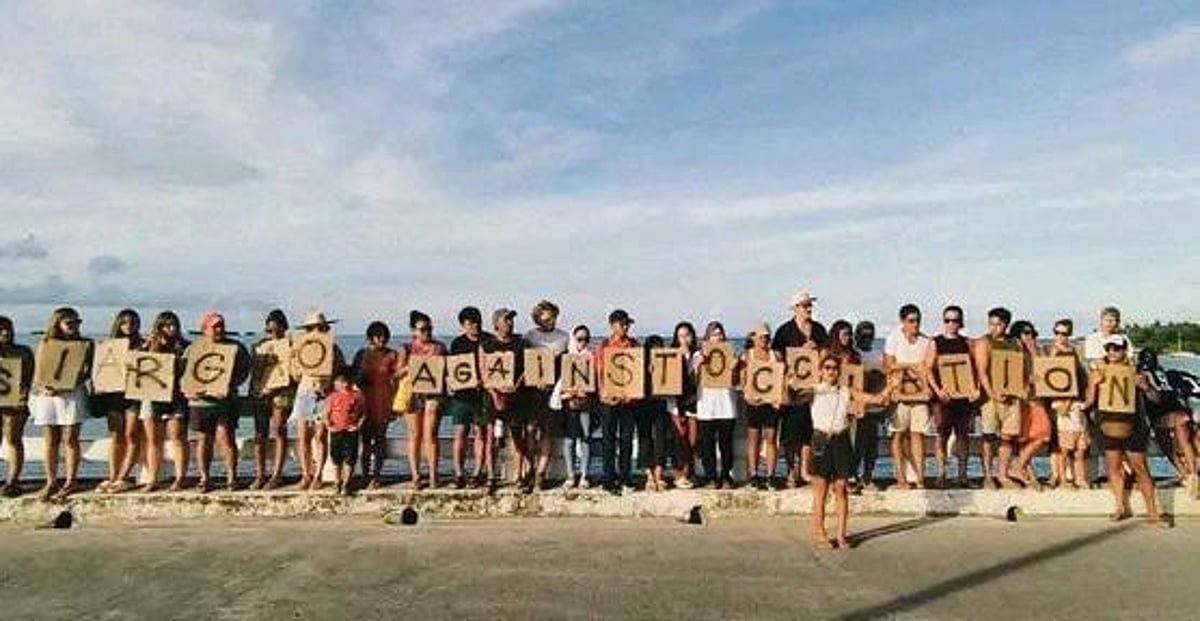VOLVO Philippines, under Hariphil Asia Resources Inc. (HARI), kickstarted its new advocacy-driven series called “Voice of Volvo: Road Safety Master Class” with a compelling call to action — usher in a safer mobility culture through multi-sector collaboration.

(From left) Volvo PH President Fe Perez-Agudo, DOTr Assistant Secretary Dioscoro Reyes, Dr Bienvenido Biona, Sen. Sherwin Gatchalian, and Dr. Grace Gorospe-Jamon. PHOTO BY ANJO PEREZ
Themed “Driving a Safer Future: An Ecosystem Approach to Road Safety,” the event gathered top figures from government, academe, and the private sector to dissect the country’s persistent road safety issues.
The master class featured Sen. Sherwin Gatchalian, Department of Transportation Assistant Secretary Dioscoro Reyes, road safety advocate Dr. Grace Gorospe-Jamon from the academe, and Electric Vehicle Association of the Philippines (EVAP) Executive Director Dr. Bienvenido Biona. HARI President and CEO Fe Perez-Agudo opened the forum by reiterating Volvo’s global commitment to Vision Zero, the automaker’s goal of achieving zero fatalities or serious injuries from traffic accidents.
“This is not just a car brand initiative. It’s a people initiative,” said Perez-Agudo. “We’re not just moving cars, we’re moving lives.” Jamon highlighted that road safety isn’t merely a matter of enforcement — it’s a cultural issue. “You will always have violators if there is no common culture of discipline,” she warned, emphasizing that inconsistent enforcement and fractured policies across local government units (LGU) reflect a deeper, systemic problem.
Gatchalian echoed this sentiment, pointing out that local governments play a crucial role in traffic management. “Enforcement cannot be national alone. We must mobilize and empower local government units to use their powers in managing discipline on the streets,” he said, citing sidewalk encroachments and inconsistent road ordinances as examples of poor LGU management.
Get the latest news
delivered to your inbox
Sign up for The Manila Times newsletters
The discussion underscored the importance of rethinking basic infrastructure. “Mobility starts the moment you step out of your house,” Gatchalian said. “If sidewalks are unsafe or non-existent, the entire mobility chain breaks.” He called for reclaiming sidewalks for pedestrians and restoring public spaces that have been lost to illegal parking and street vending.
Technology was spotlighted as a key enabler of road safety. Reyes pointed out that systems like contactless apprehension, app-based enforcement, and real-time transport data can significantly reduce human error and corruption. Agudo added that Volvo’s newest model, the AS90, will feature advanced safety systems including driver condition monitoring and artificial intelligence-powered collision avoidance, noting: “Let the car discipline the driver if the driver won’t.” The panelists agreed that road safety education should begin as early as grade school. “If we had started teaching road rules 20 years ago, we’d be like Japan or Singapore today,” Gatchalian remarked. A member of the audience from the media proposed including road use and traffic rules as part of elementary and high school curricula, which was welcomed by the senator.
EVAP’s Biona of e-VAP stressed the value of systems thinking: “Road safety is not just a transportation issue. It’s a public health, education, and governance issue. Every stakeholder must see how their role connects to the whole.” In closing, the panelists urged the government and private sector to align more closely. “This is not a one-and-done forum,” Agudo said. “It must continue, and it must include public transport operators, enforcement agencies, educators, and media. Road safety must be embedded in our everyday lives.” As the country’s current traffic culture continues to claim lives, forums like Volvo’s Master Class offers a roadmap — one that demands leadership, technology, and above all, a shared sense of responsibility.











